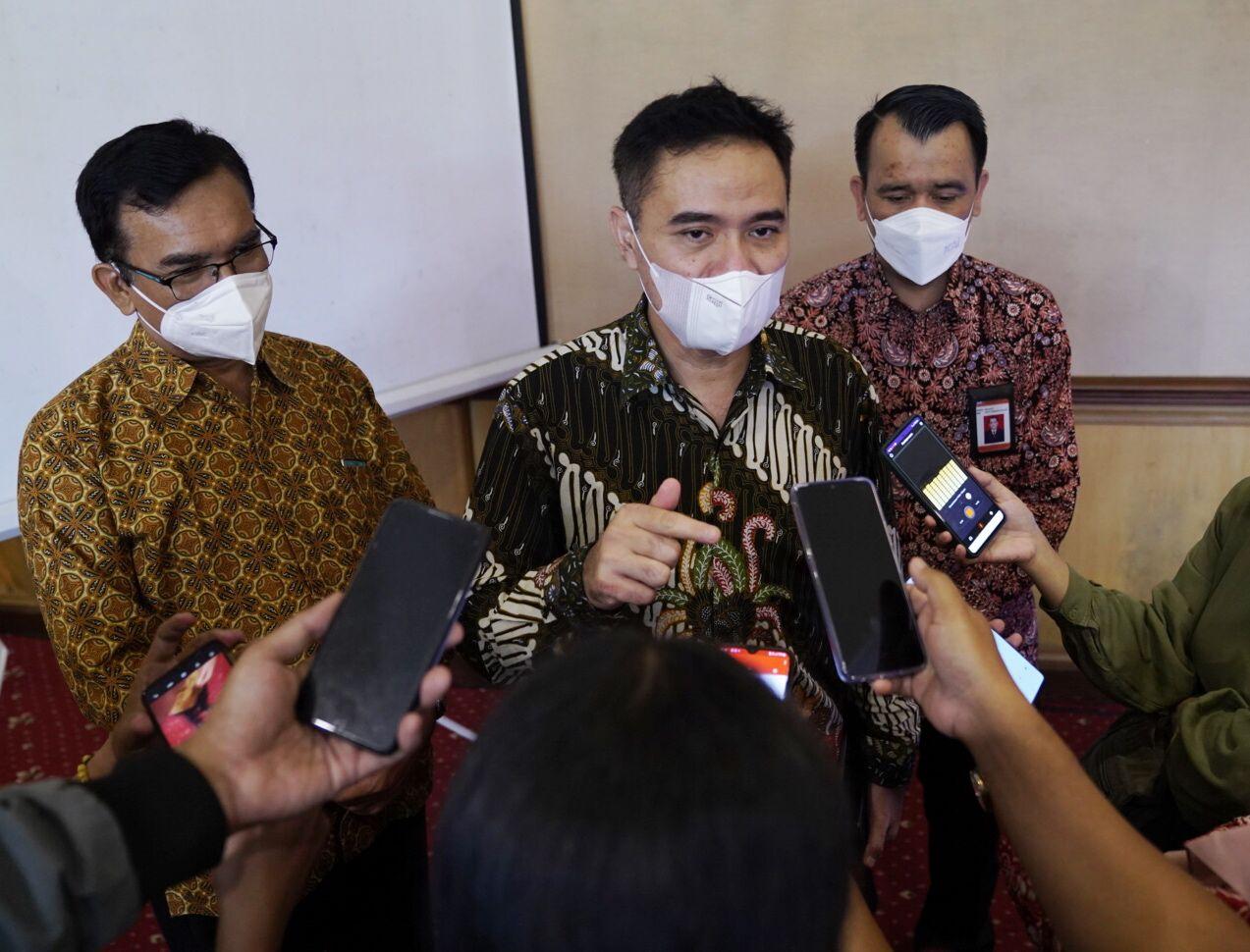Cooperation between Kemendikbudristek-Industry Strengthens Vocation

Directorate General of Vocational Education — Indonesia faces the problem of a lack of experts and skilled workers in their fields. On the other hand, vocational education as an important pillar for creating skilled human resources (HR) is also still constrained by the missed match problem between students’ skills gained at school and the skills needed by industry and the workforce.
Various innovations were carried out by the Ministry of Education, Culture, Research, and Technology (Kemendikbudristek) to overcome the aforementioned problems. Through the Directorate General of Vocational Education (Ditjen Diksi), the government is again holding the 2022 Competitive Fund scheme. The scheme is a continuation of a similar program last year. This year, this assistance program focuses on funding and strengthening for the transformation of the Fast Track D-2 Vocational School Program and the Diploma Three (D-3) Study Program Improvement Program to an Applied Bachelor (D-4). Currently, there are 113 study programs that have been transformed from the third diploma level to the applied bachelor level.
Director of Institutional and Vocational Higher Education Resources Kemendikbudristek, Henri Tambunan, said that this program is an acceleration to answer the challenges of the world of work by creating skilled and reliable workforce by involving industry participation. “So, in this program, there are collaborations with the business world and industry, who then design and develop a curriculum to ensure a ‘link and match’ between industry and vocational universities,” said Henri in the Merdeka Belajar gathering (19/5).
The Director of Politeknik Negeri Madiun, Muhamad Fajar Subkhan, said that as an acceleration effort, the Competitive Fund is very appropriate to produce skilled workers needed by the industry today. According to him, currently the number of graduates of the diploma 2 (D-2) program is still very small to fill the needs of the workforce in this country. In addition, the number of applied bachelor graduates is also not balanced with general bachelor graduates, so many job positions that should be filled by vocational graduates are actually filled by other graduates.
Politeknik Negeri Madiun is one of the polytechnics that has organized the Fast Track D-2 Vocational School program. Together with PGRI Mejayan Vocational School and PT INKA, Politeknik Negeri Madiun opened the Fast Track D-2 Vocational School program for the metal processing study program. Meanwhile, the Principal of the PGRI Mejayan Vocational School, Sampun Hadam, believes that the Fast Track D-2 Vocational School program is able to improve the competence of Vocational High School (SMK) graduates and increase the confidence of SMK graduates and create employment opportunities.
“When student competence increases, industrial efficiency will also increase, including the competitiveness of its products, thus enabling companies to expand their business which in turn can open up new jobs,” said Sampun.
In line with Sampun, the Director of Development of PT INKA, Agung Sedaju, said that collaboration between industry and education is indeed a necessity to get skilled workers. “If we ourselves educate SMK students in our company, the results can only be picked 1.5 years later. However, it will be more efficient if done at the beginning,” he explained. (Diksi/Nan/AP/NA)
Source: https://vokasi.kemdikbud.go.id/

